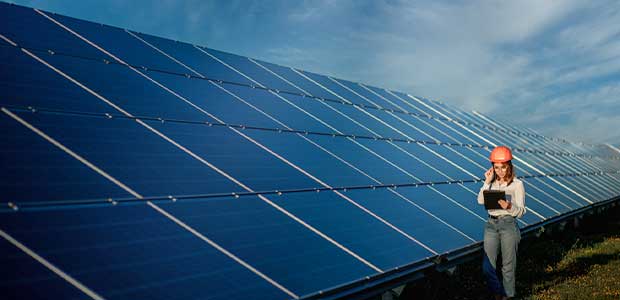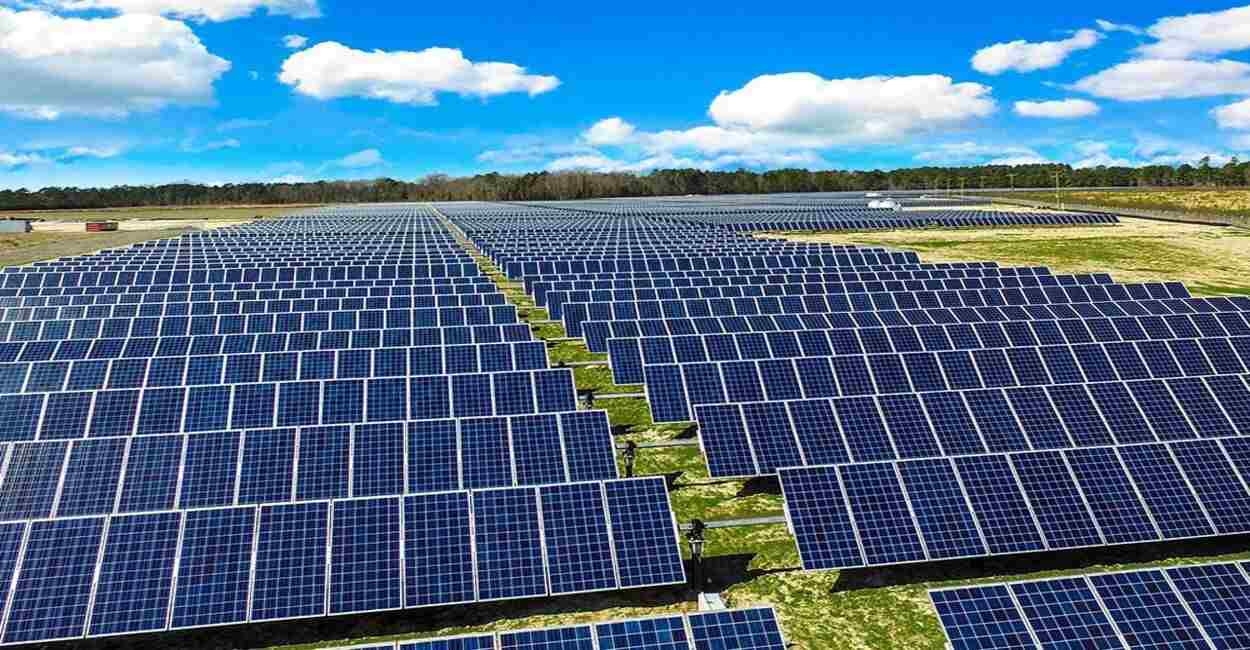How Solar Power Can Aid You Conserve Cash and Lower Your Carbon Impact
The assimilation of solar energy right into your power profile offers an engaging chance for both economic cost savings and ecological stewardship. By using the sunlight's energy, home owners can dramatically lower their month-to-month energy costs while likewise protecting versus the changability of future energy costs. Additionally, the shift to solar contributes to a marked decline in carbon discharges, aligning personal money with wider ecological goals. As different government motivations appear, the concern occurs: how can one properly browse the initial financial investments and continuous advantages of solar modern technology to take full advantage of both economic and environmental gains?
Recognizing Solar Power Cost Savings
While the shift to solar energy often involves a preliminary financial investment, comprehending solar power cost savings is critical for property owners and services alike. Solar power systems can significantly reduce electricity expenses by using the sunlight's energy, equating into significant long-term financial advantages.
In addition, solar energy systems may get numerous economic rewards, including tax obligation credit reports and refunds, even more enhancing their cost-effectiveness. The schedule of web metering allows customers to market excess energy back to the grid, creating an added income stream. These factors add to the general cost savings associated with solar power.

In addition to direct monetary cost savings, solar power supplies the included advantage of raising residential or commercial property value. Homes geared up with solar panels are typically a lot more appealing to purchasers, as they guarantee reduced energy expenses - Simply Solar Illinois. Comprehending these aspects is vital for anybody taking into consideration solar power, as it highlights not simply the prospective monetary gains, however likewise the wider environmental and economic advantages of adopting renewable resource options
Preliminary Costs vs. Long-Term Benefits
When evaluating solar energy, it is very important to evaluate the initial costs versus the long-term benefits. The ahead of time investment for solar panels, installment, and associated equipment can be significant, commonly ranging from $15,000 to $30,000, depending on the system dimension and home energy needs. This first expense may hinder some homeowners; nevertheless, it is critical to take into consideration the potential savings with time.
As soon as installed, solar energy systems can considerably lower or also eliminate regular monthly electricity expenses, leading to considerable long-term monetary advantages. Studies suggest that house owners can conserve anywhere from $10,000 to $30,000 over the life expectancy of their planetary system, generally 25 years. In addition, many states use motivations, tax credit histories, and discounts that can offset preliminary prices, making solar more available.

Minimizing Your Carbon Footprint
Minimizing your carbon footprint is a critical factor to consider in today's environmentally aware society, and check taking on solar power is just one of the most efficient strategies to accomplish this goal. Solar power is a clean, renewable energy that substantially decreases dependence on fossil fuels, which are significant contributors to greenhouse gas exhausts.

Moreover, the widespread fostering of solar technology urges the advancement of environment-friendly tasks and supports technologies in energy storage space and effectiveness. The more sites individuals and organizations buy solar energy, the higher the collective decrease in carbon exhausts, promoting a cleaner ambience for future generations.
Government Motivations and Refunds
Adopting solar energy not only profits the environment yet can likewise lead to considerable economic savings, especially with the schedule of government rewards and rebates. Various federal, state, and regional programs are developed to urge house owners and businesses to spend in solar energy systems, making the change extra affordable.
One of one of the most noticeable incentives is the Federal Investment Tax Credit History (ITC), which allows planetary system proprietors to deduct a considerable portion of the installment costs from their federal tax obligations. This motivation has actually been pivotal in decreasing the in advance costs connected with solar power systems. In addition, many states offer their own tax credits, grants, and rebates that can further enhance savings.
Furthermore, some city governments provide residential or commercial property tax obligation exceptions for solar installations, guaranteeing that house owners do not deal with boosted property taxes as a result of their renewable resource financial investments. Energy business may additionally use rewards, including internet metering and feed-in tariffs, which allow solar power users to market excess power back to the grid.
Picking the Right Planetary System
Choosing the suitable planetary system is vital for maximizing energy effectiveness and economic benefits. use this link The choice rests on numerous elements, including energy demands, budget, and readily available area. House owners need to start by analyzing their electricity consumption to establish the system size needed for optimum performance.
Following, consider the various sorts of solar modern technologies readily available. Simply Solar Illinois. Photovoltaic (PV) panels are one of the most common, transforming sunlight directly right into electrical energy, while solar thermal systems focus on home heating water. Each type has distinct benefits depending upon individual requirements
Budget considerations are also vital. First installation expenses can vary significantly, so it is very important to contrast quotes from several carriers and check out financing options. Government incentives and rebates can better lower the financial problem, making planetary systems much more obtainable.
Final Thought
In recap, solar energy presents a practical service for achieving considerable expense savings while concurrently lessening carbon exhausts. The preliminary investment, though considerable, returns considerable lasting economic benefits, with prospective cost savings ranging from $10,000 to $30,000 over 25 years. Additionally, the ecological benefits of solar power contribute to sustainable practices crucial for combating environment change. Federal government motivations enhance the usefulness of solar modern technology adoption, urging a change in the direction of a cleaner, more financially effective energy source.
Comments on “Simply Solar Illinois: Full Solar Solutions for Eco-Conscious Living”